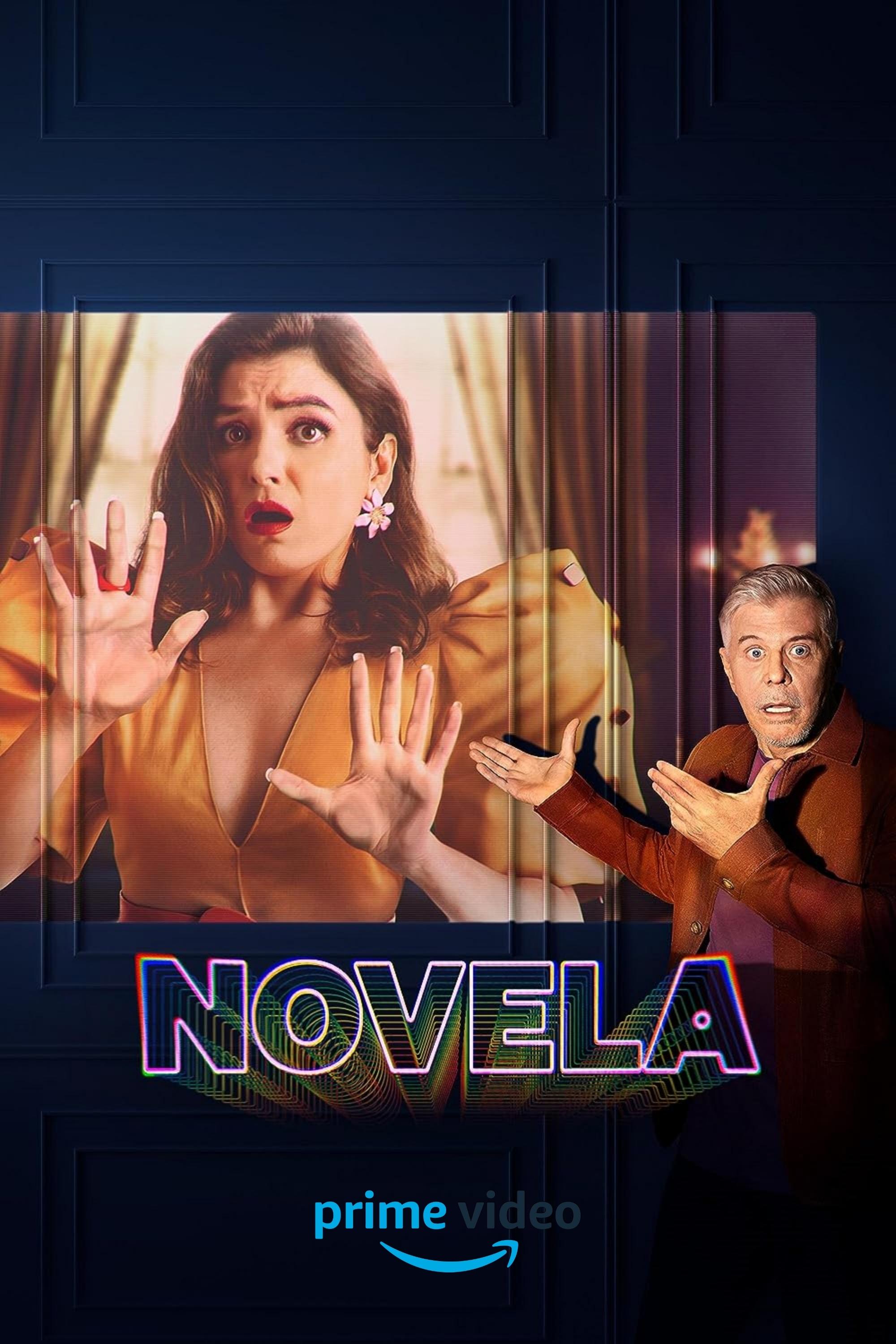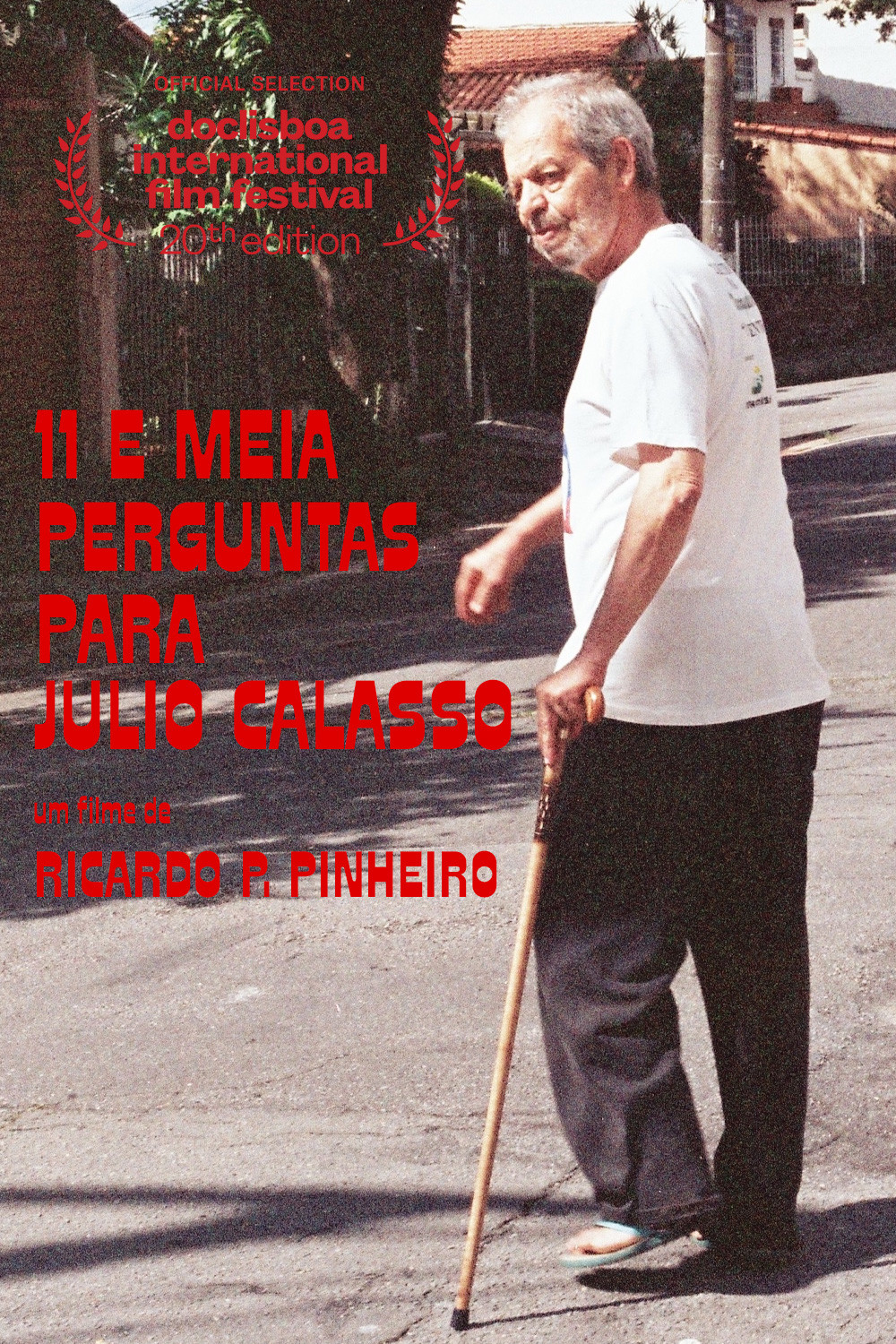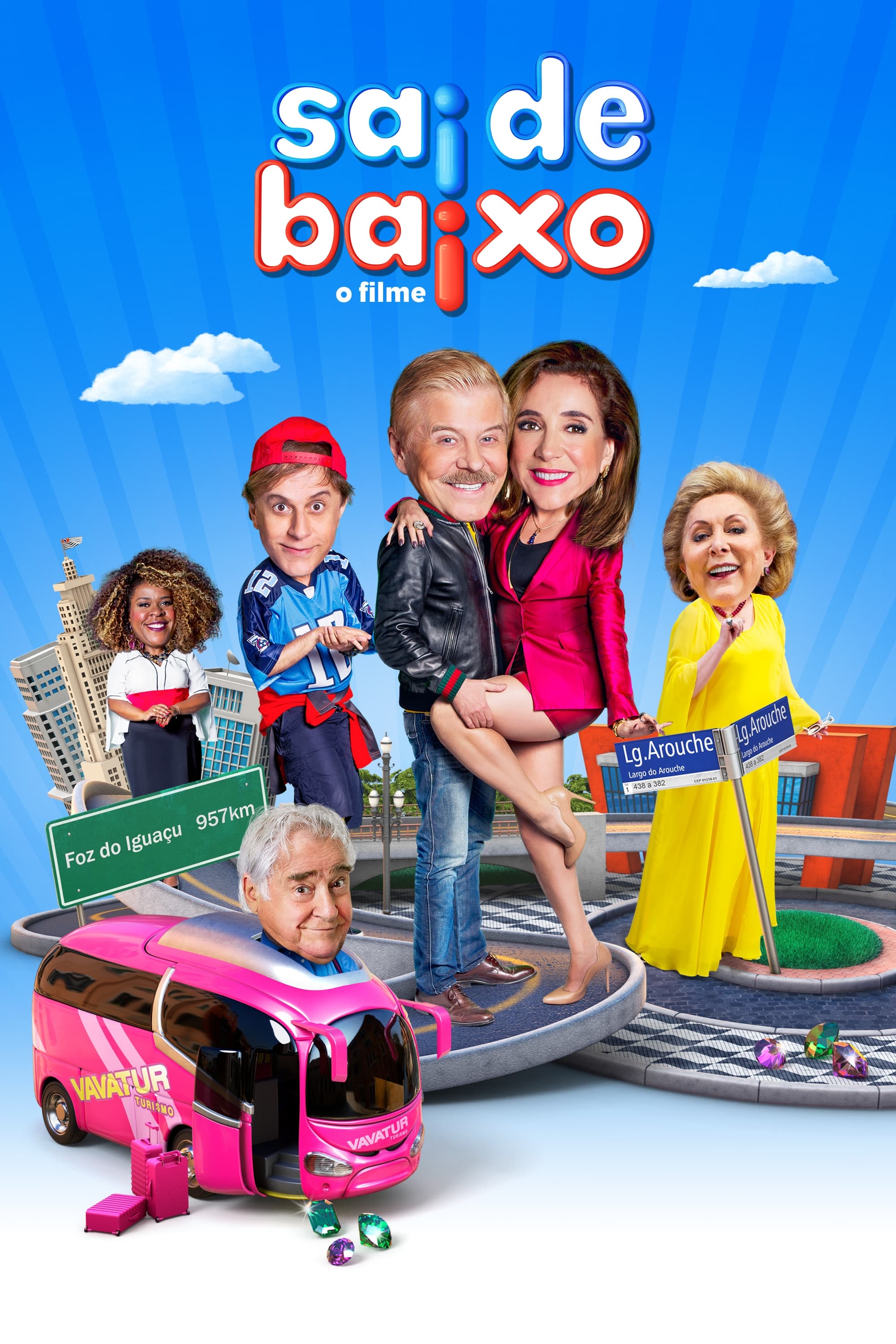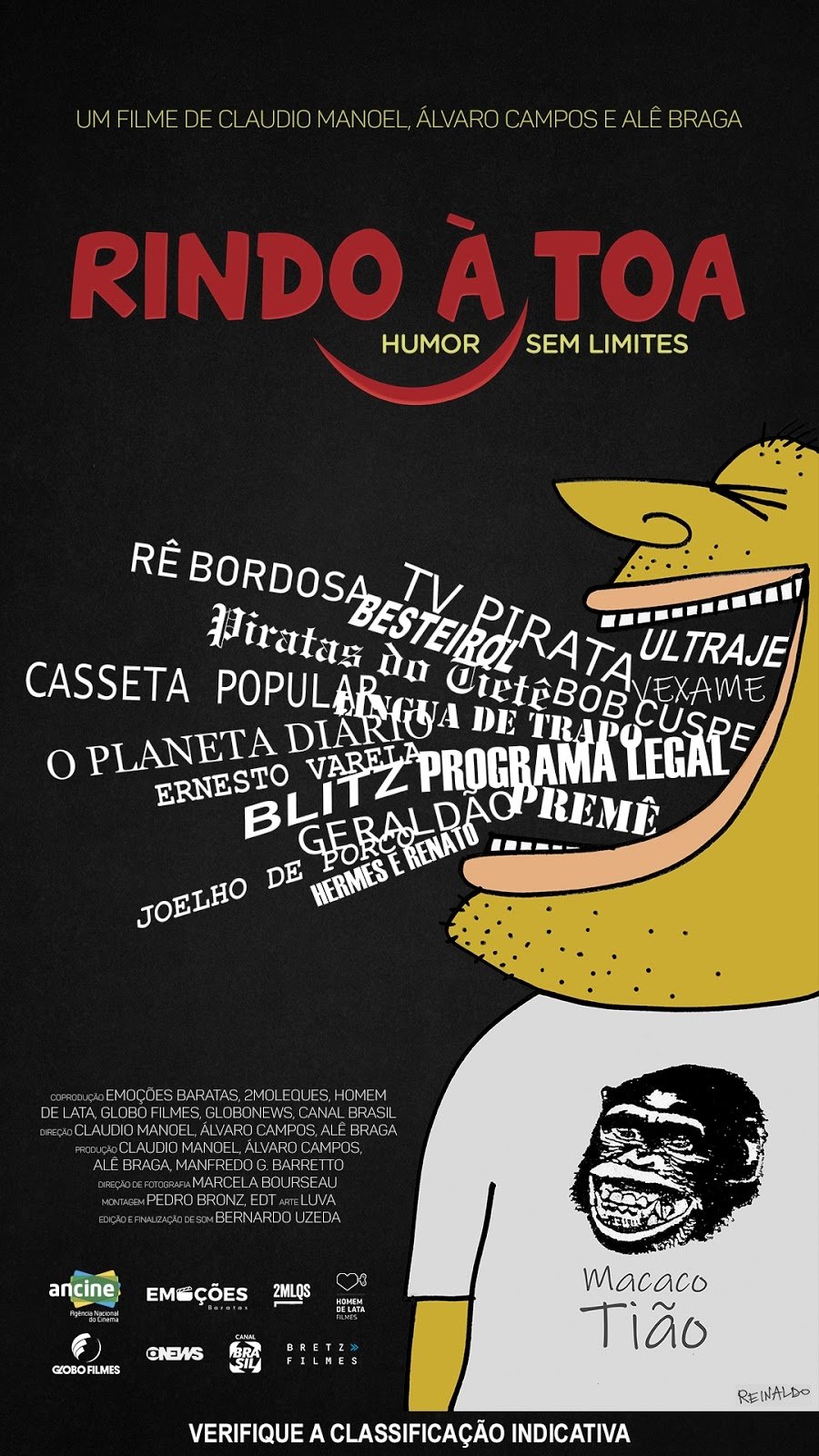



In order to get evidence for her case and dismantle a criminal organization, an uptight undercover cop crashes a high school graduation trip to a party-heavy beach in Brazil.

When the progress of robotics makes Paralympic athletes the new sports stars, Maria dreams of competing against her sister. For that, she will have to enter a world of crime and violence.

Isabel is a promising screenwriter who has dedicated her life to become a writer for a hit telenovela. When she finally gets her chance, her mentor Lauro Valente betrays her. At the premiere, Isabel decides to confront him and magically ends up in his telenovela as the main character. From the inside, she will be able to prove her creativity.

For this behemoth, Bressane took his opera omnia and edited it in an order that first adheres to historical chronology but soon starts to move backwards and forward. The various pasts – the 60s, the 80s, the 2000s – comment on each other in a way that sheds light on Bressane’s themes and obsessions, which become increasingly apparent and finally, a whole idea of cinema reveals itself to the curious and patient viewer. Will Bressane, from now on, rework The Long Voyage of the Yellow Bus when he makes another film? Is this his latest beginning? Why not, for the eternally young master maverick seems to embark on a maiden voyage with each and every new film!

A final conversation with departed actor, director and musical producer Julio Calasso Jr., a key character in the Brazilian artistic scene. At his old house in Butantã, São Paulo, Julio talks about his experiences, frustrations, joys and tragedies.

Ten young artists reach the final round of auditions to join the Theater Company. Each one will be evaluated based on their talent as they face their dreams, passions, fears, and uncertainties of the past, which may define their future.

Based on the classic Brazilian television series that conquered audiences during Sunday night prime time on TV Globo, with improv that happens like in scenes of a play. The feature film’s structure maintains the members of a middle-class family from São Paulo, their maid, and the building’s doorman. It’s the return of iconic characters like Caco Antibes, Magda and Ribamar, and also new characters.

A portrays of the period in which Brazilian humor had fewer limits (1986-2003), free from military dictatorship.
By browsing this website, you accept our cookies policy.